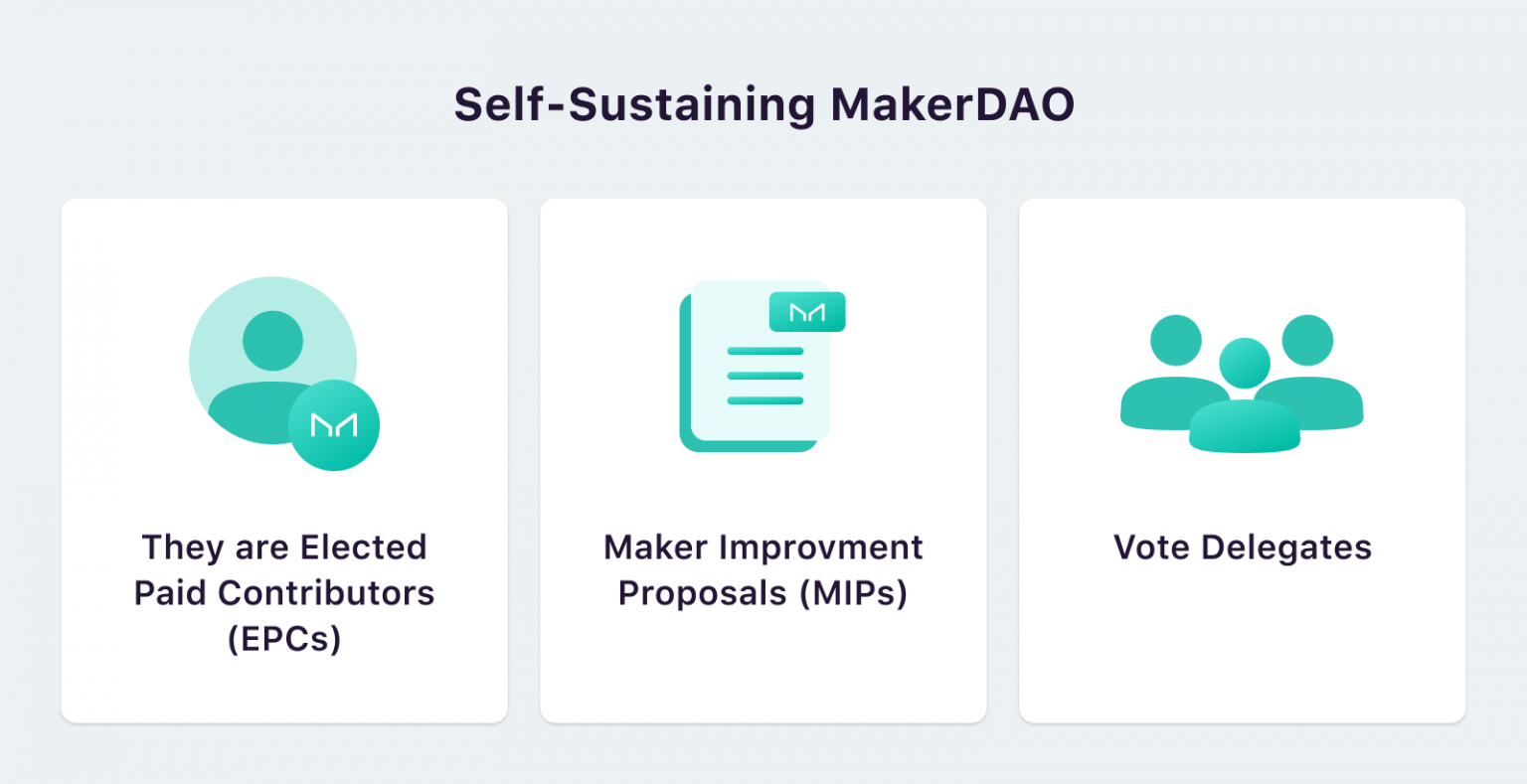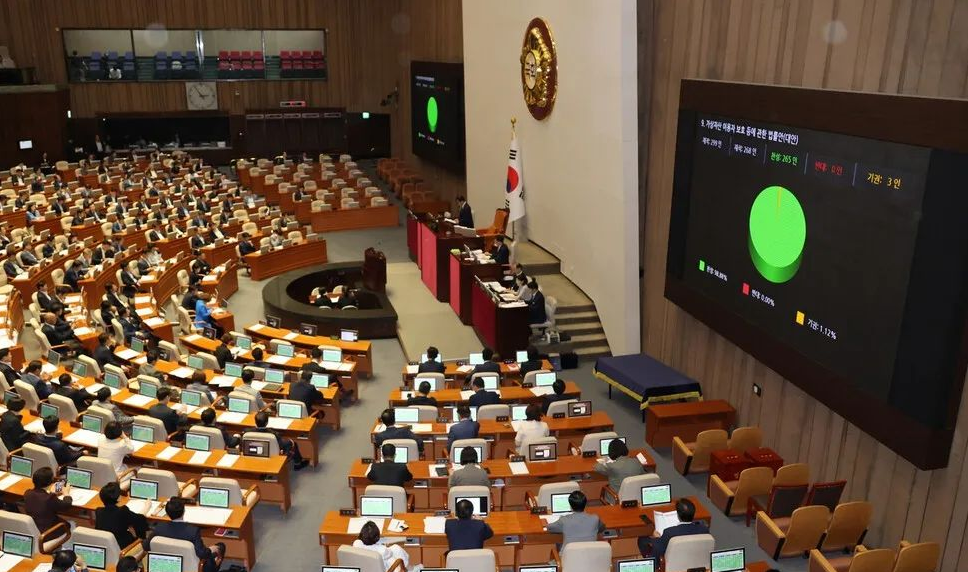DeFi Review: Maker's leap of faith
This special DeFi Review will specifically comment on the latest series of drastically decentralized community reform measures proposed by MakerDAO

On April 1, after the Maker Foundation proposed to dissolve the Foundation in the future and hand over all operations to the community, the Maker Foundation released 13 very important MIPs on the forum yesterday (April 7, 2020) (Maker Improvement Proposal), these 13 MIPs will become the core basic mechanism of future Maker decentralized governance, so they are called "Genesis MIPs" (Genesis MIPs). These MIPs are divided into three categories:
1. MIP0: Maker Improvement Proposals Framework, or MIP framework, which is the constitutional document of the future Maker decentralized community governance, clarifying the role of various MIPs, the process and cycle of MIP proposal, implementation, and action Role etc.
- Market optimism shows, ETH2.0 drives prices up 20%?
- Tim Draper, a well-known venture capitalist: The epidemic will prompt people to switch to bitcoin, will stimulate the adoption of cryptocurrencies
- Where did the Ethereum Foundation spend its money last year?
2, the core basic MIP series (CFMS: Core Foundational MIPs Set)
3. Mortgage increase MIP series (COMS: Collateral Onboarding MIPs Set)
In the most important MIP0 and CFMS, the Foundation has proposed three major reform measures for Maker's future self-sustainable and decentralized governance:
1. The community hire contributor (EPC) replaces the Maker Foundation to perform Maker daily operations and association maintenance.
2. Community governance and protocol updates are proposed through MIPs, and MKR voted to decide whether to implement
3. MKR holders can authorize "voting agents" to make decisions on various governance votes

Thirteen MIPs will be voted on April 27 by the community to decide whether to continue to vote, or to postpone another month for the community to propose new MIPs to replace the thirteen MIPs proposed by the Foundation.
From the comprehensive and detailed level of MIP content, the Maker Foundation's complete decentralized design should have been studied and prepared for quite a long time, and it is not an emergency move after the 3.12 crash. However, the Incident 312 made the Foundation's complete decentralization plan more urgent. At the same time, the occurrence of the Incident 312 and the discussion after the incident also prepared enough community heat and thought preparation for this decentralization reform.
There are many highlights of this reform that defi community deserves attention:
First, the concept of community employment contributors (EPC) indicates that DeFi governance has entered an era of specialization. As the DeFi protocol becomes more complex, DeFi Lego is becoming richer, DeFi participants are becoming more diverse, and ordinary community participants have become Not enough financial and blockchain knowledge to manage complex DeFi protocols like Maker, let alone innovation.
In addition, the staff who are actively participating in the governance of Maker in the form of volunteers have the problem of unequal rights and responsibilities. If we only rely on the dedication of community volunteers, it is difficult to ensure that the governance and operation of Maker can continue in the future. The payment of compensation and even the form of employment will enable the core personnel involved in the governance of Maker to assume corresponding management responsibilities and provide a basis for the future community appeal mechanism (Appeal).
Secondly, the voting proxy system proposed by the Foundation is the first attempt of "stream democracy" in DeFi. The Maker Foundation attempts to solve the problem of inactive MKR voting through the proxy system + voting economic incentives. At present, Maker's voting participation rate is very low. The participation rate of all votes is below 10%. The voting rate reflects the representativeness and legitimacy of Maker's governance decisions, and the current low voting rate also brings governance The potential risk of attack is not conducive to the long-term development of MKR.
Finally, the combination of the MIP governance system and the voting agent system will make Maker ’s governance model one step further to the governance model of the modern country. The voting agent will act as a member of the modern parliamentary democracy, through its prominent social identity and well-known The reputation of governance, or a distinctive governance perspective attracts MKR holders, and on behalf of the MKR holders pass or reject various MIP proposals.
Although according to the Foundation ’s MIP regulations, anyone can submit a MIP proposal as long as it conforms to the MIP format. However, considering the professionalism and interest-related enthusiasm, the role that is most willing and suitable to propose MIP is still the voting agent. Therefore, In the future, the voting agent will become the de facto member of Congress and will assume the most important role in the Maker community, soliciting opinions, proposing bills, approving bills, supervising EPC implementation of bills, and submitting impeachment and replacement of EPC.
In addition to the highlights, this Maker reform may also cause very significant governance challenges
1. Will the system of hiring contributors and voting agents in the community cause Maker bureaucracy, and can these professional managers really put the interests of MKR holders and users above their own?
2. The MIP system is already quite complicated. How to lower the threshold for ordinary MKR holders to participate in governance?
3. There is a binary split in the Maker governance system, and the interests between MKR holders and Vault users are not completely consistent, and sometimes there is a zero sum opposition (such as the 0Dai auction event). Should the Vault users be given some governance? Power (such as the governance practices designed by Compound)?
The Maker Foundation's reform, whether successful or not, has historical significance for Maker and the future development direction of the blockchain. This will be the first in-depth decentralization of the large-scale blockchain community with active applications try. If successful, Maker will prove to all humankind another possibility of finance and governance. Even if it fails, Maker ’s exploration will leave important experience and lessons for other DeFi.
For more governance information, please refer to the following articles of the author:
Comprehensive analysis of the MakerDAO governance system: taking 2% governance events as an example
From the head of the cross-chain project Cosmos No. 23 bill storm, understand PoS governance issues and challenges
We will continue to update Blocking; if you have any questions or suggestions, please contact us!
Was this article helpful?
93 out of 132 found this helpful
Related articles
- The halving effect of BTC: is it "metaphysics", or is it a real "effect" that will have a substantial impact on the market?
- Market analysis: the rise has just begun? How much will ETH rise
- QKL123 market analysis | Buffett cuts his face, the global epidemic slows down, is it good for Bitcoin to halve? (0407)
- The Secret History of Bitcoin: I thought I just lost a few hundred, but I regretted it
- March scan of data on the Bitcoin chain: Before and after the 3.12 plunge, the data reveals the Bitcoin ecological leader
- Babbitt column | Blockchain in the digital economy helps face recognition applications new ideas
- BCH halving is approaching, are you ready?





